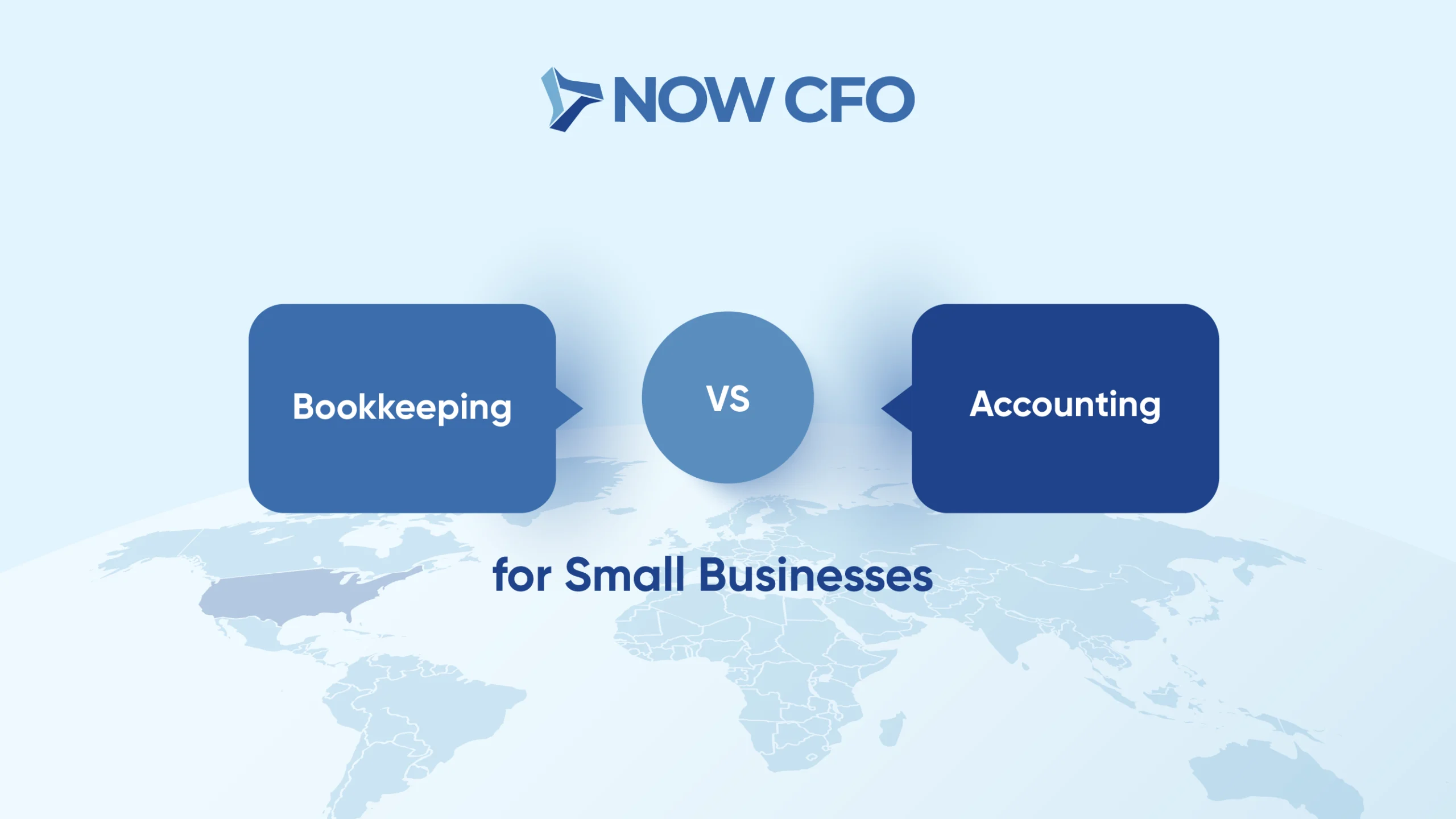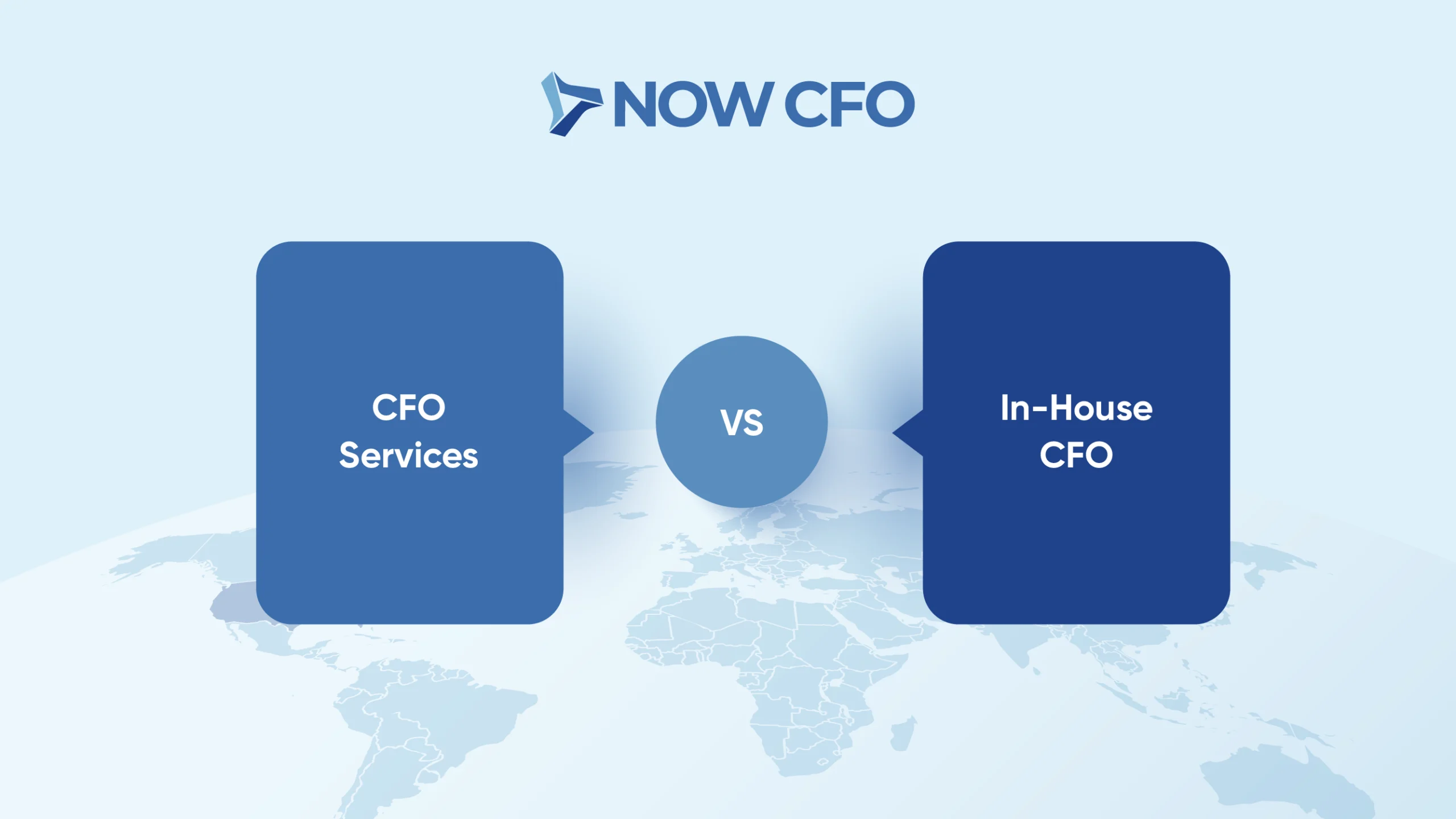
The rise of the fractional controller trend in the US has transformed how businesses approach financial management. Companies that adopted fractional financial services reported improved financial decision-making within six months and a 15% reduction in COGS.
As advanced technologies, remote work, and evolving business needs continue to shape the financial landscape, fractional controllers offer the expertise and agility that modern businesses require to stay competitive.
Why Are Fractional Controllers in High Demand?
Fractional controllers have gained significant traction among US businesses due to the evolving financial landscape and the challenges companies face today. This trend offers an efficient solution by providing expert financial guidance without needing a full-time hire. Here’s why the fractional controller trend in the US is rapidly gaining momentum:
1. Cost-Effectiveness
Cost savings are one of the most compelling reasons for adopting a fractional controller. Hiring a full-time, experienced financial controller can be expensive, especially for small to mid-sized businesses. On average, a full-time controller in the US earns between $64,000 and $126,000 per year, excluding benefits and bonuses.
In contrast, a fractional controller offers the same level of expertise but on a part-time or project basis, reducing overall costs. This flexibility allows businesses to access high-level expertise without the full-time financial commitment, making it an attractive option for companies looking to optimize their expenses.
2. Access to Top-Tier Financial Expertise
The use of fractional controllers enables businesses to tap into a pool of experienced financial professionals who have worked across multiple industries. These controllers bring years of experience and provide valuable insights that a full-time hire might lack.
For example, a fractional controller can assist with:
- Financial reporting and analysis
- Cash flow management
- Budgeting and forecasting
- Ensuring compliance with financial regulations
Businesses gain access to these skills by engaging a fractional controller without requiring lengthy recruitment processes or training.
3. Flexibility and Scalability
Businesses today need to adapt to changing market conditions, and this is where a fractional controller’s flexibility shines. Companies can adjust the level of financial support they receive based on their needs, whether for a short-term project, during peak seasons, or when scaling operations.
For instance:
- A growing startup might not need a full-time controller initially but may require specialized financial expertise to manage rapid growth.
- A restructuring company may benefit from fractional support to navigate complex financial challenges without committing to a permanent hire.
This scalability allows businesses to respond quickly to changing financial demands, making the fractional model highly appealing.
4. Faster Decision-Making and Implementation
Fractional controllers bring a fresh perspective and hit the ground running. They’re accustomed to quickly assessing a company’s financial situation and implementing strategies that drive efficiency and profitability.
Unlike full-time hires, who may take time to adjust to their new roles, fractional controllers are experienced in rapidly diagnosing financial issues and suggesting actionable solutions. This speed and efficiency mean businesses can implement financial strategies faster, improving cash flow and reducing expenses.
5. Mitigating Risks and Ensuring Compliance
Financial regulations and compliance requirements can be overwhelming, especially for businesses without in-house expertise. Fractional controllers stay updated on the latest regulations, ensuring businesses comply with tax laws, financial reporting standards, and industry regulations.
How the Fractional Controller Trend Is Transforming US Businesses
The fractional controller trend in the US has significantly impacted how businesses operate. It offers a flexible and efficient approach to financial management. As more companies adapt to changing market conditions, they realize the immense benefits of incorporating fractional controllers into their financial strategies.
1. Enhancing Financial Accuracy and Reporting
Fractional controllers bring a wealth of experience and expertise, which helps improve the accuracy of financial reporting. They meticulously analyze financial statements, identify discrepancies, and provide valuable insights that full-time staff might overlook.
2. Increased Focus on Strategic Financial Planning
Fractional controllers enable businesses to shift from managing day-to-day financial operations to focusing on long-term financial strategies. They assist in creating budgets, forecasts, and economic models, allowing companies to make informed decisions that support growth and profitability.
- They help businesses identify growth opportunities, optimize cash flow, and manage risks, which is especially beneficial for SMEs aiming to scale.
3. Supporting Agile Financial Operations
Fractional controllers offer a flexible and agile approach to financial management, which is crucial in today’s dynamic business environment. Unlike full-time financial staff, they adapt to changing business needs and provide support when required. This flexibility is particularly beneficial during rapid growth, restructuring, or market fluctuations.
- Businesses can scale their financial operations up or down as needed, ensuring they have the right level of financial expertise at every stage.
For example, a company experiencing rapid expansion can engage a fractional controller to handle increased financial complexity without needing a long-term commitment.
4. Access to Advanced Financial Tools and Technologies
Fractional controllers are often well-versed in the latest financial tools and technologies, such as accounting software, financial modeling tools, and data analytics platforms. By leveraging these technologies, they help businesses streamline financial processes, automate reporting, and gain deeper insights into financial performance.
- This access to advanced tools ensures businesses remain competitive and efficient, especially in an era of rapidly evolving financial technology.
Stat: 68% of businesses adopting advanced financial technologies experienced improved efficiency and financial reporting accuracy
5. Providing Industry-Specific Expertise
Fractional controllers often have experience across various industries, which means they bring industry-specific knowledge and best practices to the table. This expertise allows businesses to navigate industry challenges more effectively and implement financial strategies tailored to their sector.
- Whether in manufacturing, healthcare, technology, or retail, fractional controllers understand the nuances of each industry, helping businesses comply with regulations and optimize financial performance.
The Future of the Fractional Controller Trend in the US
The fractional controller trend in the US will evolve significantly in the coming years as businesses increasingly embrace technology and adapt to a rapidly changing economic landscape. Here’s how this trend is expected to develop and its potential impact on financial management:
1. Integration of Advanced Technologies
The rise of AI and automation will likely profoundly affect the future of fractional controllers. As technology advances, fractional controllers increasingly leverage AI-driven analytics, machine learning, and automation tools to enhance financial reporting, forecasting, and decision-making.
According to a Harvard John A. Paulson School of Engineering and Applied Sciences report, AI applications are expected to become more integrated into everyday business processes, offering insights that assist in decision-making and augment human expertise.
2. Growing Demand for Remote and Flexible Services
The trend toward remote work, accelerated by the COVID-19 pandemic, has reshaped how businesses operate. This shift has increased demand for fractional financial services that offer flexibility and scalability, allowing companies to access top-tier financial expertise regardless of location.
Stat: Research from the UC Berkeley Labor Center indicates that public-sector employment has stagnated or declined since 2008, while private-sector employment has grown by 12%. This suggests a growing preference for flexible, part-time roles, which aligns with the increasing popularity of fractional financial services.
3. Increased Adoption Across Diverse Industries
As more industries recognize the benefits of fractional controllers, this trend is expected to expand beyond startups and SMEs into more giant corporations, non-profits, and government agencies. These entities will seek fractional controllers to manage complex financial challenges, comply with regulations, and support strategic growth initiatives.
4. Emphasis on Ethical and Regulatory Compliance
As the role of fractional controllers becomes more integrated into various industries, there will be a growing emphasis on maintaining ethical standards and ensuring regulatory compliance. With AI-driven tools becoming mainstream, fractional controllers must be vigilant about data privacy, security, and ethical considerations.
As the trend of fractional controllers continues to gain momentum, businesses that adapt will be well-positioned to navigate financial complexities and drive growth. Ready to explore how a fractional controller can benefit your organization? Contact NOW CFO today to discover how we can help you stay ahead in this evolving financial landscape.














